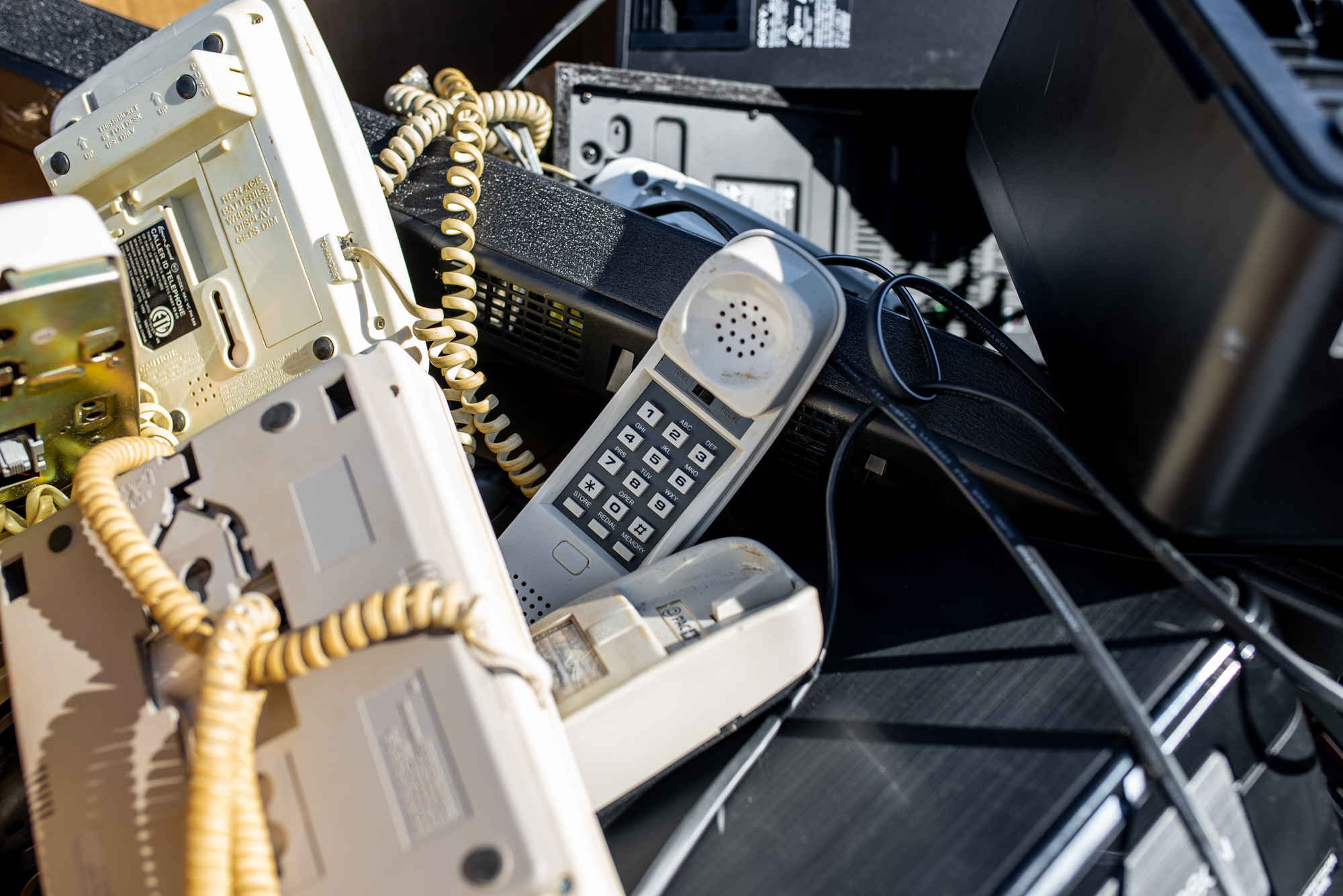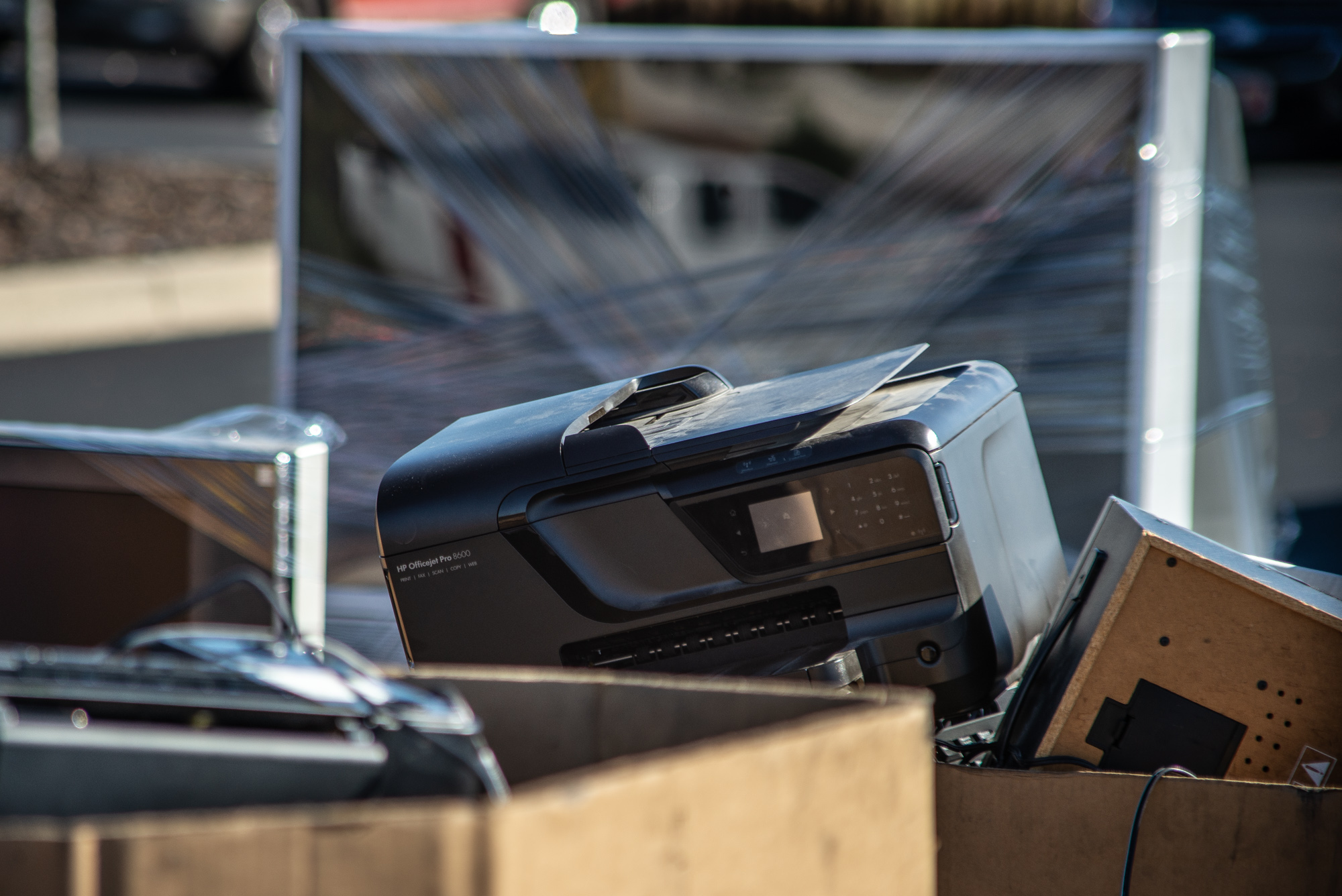Right to Repair and Sustainability
22nd Nov 2021

A $200 repair may be all it takes to save your vehicle or appliance from a landfill. With the ability–and the legally protected right–to repair, a machine can be saved from the landfill for perhaps another 15 years. For many consumers considering a repair, saving the planet and saving money are inseparable benefits. However, as older electronic parts break down, burgeoning electronic waste (e-waste) will need to be prioritized over affordability. For now, we are able to choose both. But unless major decisions are made that promote sustainability among our scarce electronic resources, the problem of e-waste will be one we are paying for more than we realize.
According to the United Nations University (UNU), a global think tank headquartered in Japan, the world produced 53.6 metric tons of e-waste in 2019, a 9.2 Mt increase since 2014. This number is projected to grow to 74.7 Mt by 20301. What, then, can we do to avoid this outcome while we do not yet feel the weight of this unsustainable course? We must pursue a circular economy. A circular economy is a system in which the majority of resources are kept in a continuous loop by recycling, repair, redesign, and reuse2, unlike a linear system in which nearly all resources are eventually discarded. While we at Circuit Board Medics promote the recycling, redesign, and reuse of electronic parts, our expertise–and our contribution to living in a sustainable environment–is repairing faulty circuit boards found in vehicles or large home appliances.
Because of the increasing intricacy of modern vehicles and appliances, a circuit board failure can cause an entire truck or washing machine to break down. For those with money to spare, buying a new product is easier than diagnosing an error and waiting for the part to be repaired. For those on a tighter budget, repairing a part is often the best option. But because sustainability is an urgent global matter, the sustainable path must become the standard for everyone.

Even if people across the financial spectrum agreed that an unsustainable economy affects everyone and then committed to sustainability, there would still be an obstruction to progress: corporate control over consumers’ right to repair their products. This battle of consumer vs. corporation–aptly known as “right to repair”–has been ongoing in the United States since 19563 and, since November 2020, has grown to its highest level of public interest4. Recently, high profile stories have brought more attention to the issue: tractor manufacturers locked farmers out of their six-figure machinery and forced them to pay thousands of dollars in towing and repair costs; computer manufacturers made a $12 chip unavailable to everyone except their own authorized stores and charged repair prices nearly identical to a brand new computer; and an electric vehicle manufacturer charged the cost of a new vehicle to fix a battery that an independent shop fixed for one fifth of the price.
The right to repair is a larger issue beyond sustainability, but it is nonetheless a necessary companion on the road to sustainability. It is our firm belief that repairing circuit boards for outdated products is better for you, the consumer, because it saves you a significant amount of money. We also believe it is better for the environment because it extends the life of a vehicle part or appliance that would have been thrown in a landfill. "The greenest smartphone is the one you already own," said Cole Stratton, an associate instructor at Indiana University, who has studied tech supply chains5. Though we don’t fix smartphones, the concept remains the same–there is no reason to buy a new car or appliance when a broken circuit board is the only problem. Restoration is a powerful value at the forefront of our business and at the center of a sustainable world.
Citations
1 Forti V., Baldé C.P., Kuehr R., Bel G. The Global E-waste Monitor 2020: Quantities, flows and the circular economy potential. United Nations University (UNU)/United Nations Institute for Training and Research (UNITAR) – co-hosted SCYCLE Programme, International Telecommunication Union (ITU) & International Solid Waste Association (ISWA), Bonn/Geneva/Rotterdam.
2 Paul Hockenos 2021, The Circular Economy, Boston Review, 6 October 2021, https://bostonreview.net/science-nature-law-justice/paul-hockenos-circular-economy
3 https://www.repair.org/history
4 https://trends.google.com/trends/explore?date=today%205-y&geo=US&q=right%20to%20repair
5 Ramirez, R., & Duffy, C. (2021, October 3). Want to help the climate crisis? don't toss your old iphone, fix it. CNN. Retrieved October 21, 2021, from https://www.cnn.com/2021/10/03/tech/right-to-repair-climate-environmental-impact/index.html

